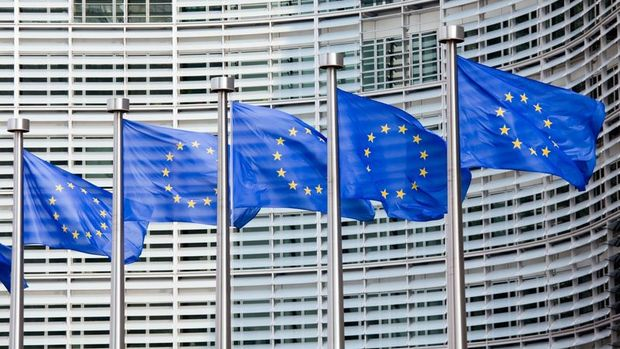EU calls for "reduce energy support"
The European Union (EU) Commission has requested member states to comply with the union's fiscal rules and reduce current energy support measures by the end of this year. The EU Commission has published its study titled "European Spring Semester Package", which includes recommendations regarding the economic situations of member states. The study requested all member states to maintain a solid fiscal position and implement prudent fiscal policies that limit the nominal increase in net non-interest expenditures. The study, which requested member states to use public support and EU funds in a way that would particularly encourage green and digital transformation, stated that current energy support measures should be reduced by the end of 2023. The study emphasized the importance of providing support in a way that would encourage energy saving in the event that energy prices start to increase again, and noted that this assistance should aim to protect the poor and firms. The study emphasized the importance of member states following next year to pursue a medium-term fiscal strategy that includes investments and reforms conducive to sustainable growth for a prudent medium-term fiscal position. It was reported in the study that a report was prepared for 16 member countries, namely Belgium, Bulgaria, Czechia, Germany, Estonia, Spain, France, Italy, Latvia, Hungary, Malta, Austria, Poland, Slovenia, Slovakia, and Finland, in order to assess their compliance with the public deficit and debt criteria, and that it was determined that the budget deficit criterion was not met by Belgium, Bulgaria, Czechia, Germany, Estonia, Spain, France, Italy, Latvia, Hungary, Malta, Poland, Slovenia, and Slovakia. Greece and Italy are extremely imbalanced The study underlined that France, Italy, and Finland do not meet the debt criterion. The study indicated that Germany, France, Spain, the Netherlands, Portugal, Romania, Sweden, Hungary, and the Greek Cypriot Administration of Southern Cyprus were experiencing macroeconomic imbalances, while it was stated that there was an "extreme imbalance" in Greece and Italy. Warning of high inflation At a press conference held in Brussels regarding the study, EU Commission Vice President Valdis Dombrovskis pointed out that the last 3 years in Europe have been very difficult for individuals and businesses, and said, "Despite the recent decline in energy prices, we are facing many challenges, especially high inflation, which reduce purchasing power and the competitiveness of companies." Explaining that it is necessary to focus on prudent fiscal policies at this stage, Dombrovskis emphasized the importance of determining the best investments to support growth and making the EU more competitive. The Stability and Growth Pact, established with the aim of ensuring fiscal discipline and stability throughout the EU, aims for member states to maintain their fiscal discipline through preventive measures. According to Union rules, member states' budget deficits must be below 3 percent of their gross domestic product and the ratio of public debt stocks to their gross domestic product must not exceed 60 percent. Among EU member states, the country with the highest ratio of public debt to GDP in the last quarter of 2022 was Greece with 171.3 percent. In terms of public debt, Greece was followed by Italy with 144.4 percent, Portugal with 113.9 percent, Spain with 113.2 percent, France with 111.6 percent and Belgium with 105.1 percent. EU member states implemented numerous measures and support programs against the rising natural gas and electricity prices that resulted from the Russia-Ukraine war and the energy crisis last year. These energy subsidies are placing a serious burden on the public finances of member states.


